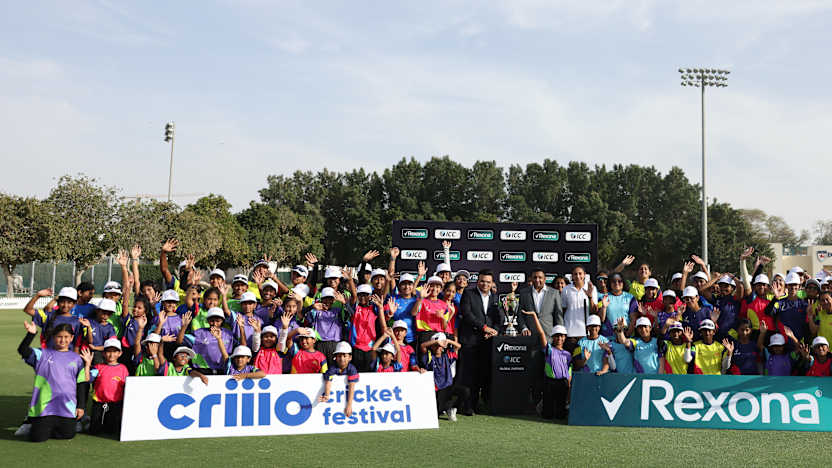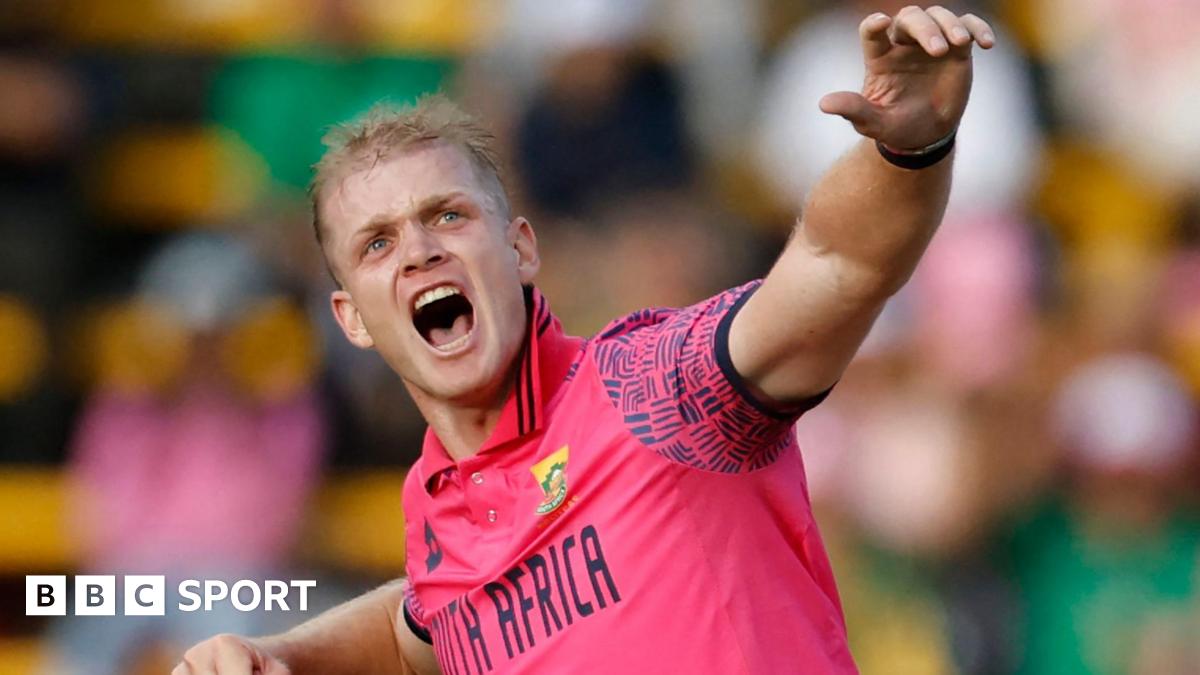In the space of just 10 days, a collection of Silicon Valley chiefs and Indian billionaires have transformed the face — and the economics — of English cricket.
Through a series of online auctions, the England and Wales Cricket Board has confounded widespread scepticism to raise hundreds of millions of pounds in a process to sell stakes in the teams competing in The Hundred — a month-long short-form tournament that debuted in 2021.
In doing so, English cricket has ushered in a new era and enlisted private capital from around the globe to help supercharge and potentially profit from the game’s next phase of growth.
“I don’t see a downside to this,” said Nikesh Arora, chief executive of Palo Alto Networks, who assembled a bidding group that included the CEOs of Google, Microsoft, Adobe, and private equity firm Silver Lake to buy a stake in the London Spirit.
“If you look back 10 years to any sports franchise in the world, barring a few, they’ve all outperformed as long as there’s been good execution.”
Bankers at Raine and consultants from Deloitte were tasked with selling stakes in teams with little record on or off the pitch. In the blind auctions, each suitor was given a 15-minute window to beat the highest bid by at least £3mn.
“I’ve never experienced an auction like it,” said Andrew Umbers, founding partner of Oakwell Sports Advisory, which represented India’s Sun Group in its successful £100mn bid for 100 per cent of Leeds-based Northern Superchargers. He declined to comment on the deal terms.
The ECB had tried to manage expectations and told team owners and county clubs that it was aiming to raise around £180mn. However, those working on “Project Gemini” gave more bullish projections of up to £500mn, or a total enterprise value of around £1bn for the eight teams combined
With two auctions left, the ECB has already raised more than £400mn. The Southern Braves and the Trent Rockets are set to round off the process next week.
The auctions have further underlined the momentum of franchise cricket, and shown how incumbent sports federations can create their own disruptive start-up competitions.

The first day of bidding helped to soothe any nerves after the Ambani family, the wealthiest in India, saw off interest from private equity firm CVC Capital Partners and agreed to pay £60mn for a 49 per cent stake in the London-based Oval Invincibles.
Like many of those bidding for teams, the Ambanis own cricket franchises elsewhere, including India, South Africa and the US.
The following day, the London Spirit fetched an even greater price. The team based at Lord’s, the prestigious London ground known as “the home of cricket”, hit a valuation of almost £300mn, with a consortium of Silicon Valley royalty winning out.
“People have asked me — do you think you overpaid? I think it remains to be seen”, said Arora. “All the signposts are pointing in the right direction. The question is a matter of execution.”
US hedge fund Knighthead Capital, which owns Birmingham City Football Club, acquired a 49 per cent stake in Birmingham Phoenix, valuing the cricket franchise at roughly £80mn, while Indian conglomerate RPSG bought 70 per cent of the Manchester Originals at a valuation of £116mn.
“This resets the economics of English and Welsh cricket for the foreseeable future,” said Mark Rhydderch-Roberts, chair of Glamorgan County Cricket Club. Tech entrepreneur Sanjay Govil agreed to pay £40mn for a 49 per cent stake in Glamorgan’s Welsh Fire franchise.

The auction process led to a wide divergence in valuations. Based on numbers presented to interested parties by the ECB and its advisers, the £40mn price tag for a 49 per cent stake in Birmingham Phoenix equated to around 9.5 times this year’s projected revenue, compared to a figure of 31.3 times for the London Spirit.
Adam Kelly, president for media at sports company IMG described the financial modelling as “aggressive” and said returns would rely on “considerable growth in media valuation and other commercial areas”.
People close to the process defended the price tags, which were driven in part by the scarcity value of a closed league limited to just eight teams, and the fact each franchise has both a men’s and women’s team.
The Hundred has attracted widespread criticism since launch from many traditionalists in cricket, who see it as a gimmick designed for children and people with little interest in the sport.
The business model itself has also come under fire. Early in the auction process, Indian Premier League founder Lalit Modi posted a withering assessment of the competition on social media, calling it a “big fat Ponzi scheme” based on “overly optimistic” financial projections.

Yet supporters of The Hundred feel vindicated. “There’s no victory lap yet, but we couldn’t be happier”, said one person involved in the process.
The huge injection of cash could be transformational for English cricket. While 10 per cent of the money raised will go to funding the recreational game, the 18 counties plus the Marylebone Cricket Club are each in line for a minimum windfall of around £20mn.
The ECB has put in strict guardrails to help direct the money into efforts to improve the financial sustainability of the game, such as paying down some of the roughly £180mn of debts spread across the county game, upgrading stadiums, and investing in new revenue generating activities.
However, those involved have acknowledged that the hard work begins now. Little will change before the next edition of The Hundred this summer, other than an increase in the salary caps placed on the teams.
After that, owners will be allowed to change team names and branding, and will take control of commercial operations such as front-of-shirt sponsorship.
“Everyone is under pressure to deliver results,” said a person involved in the auction. “You’ve got everything, a great foundation, great investors. There’s no excuses.”












